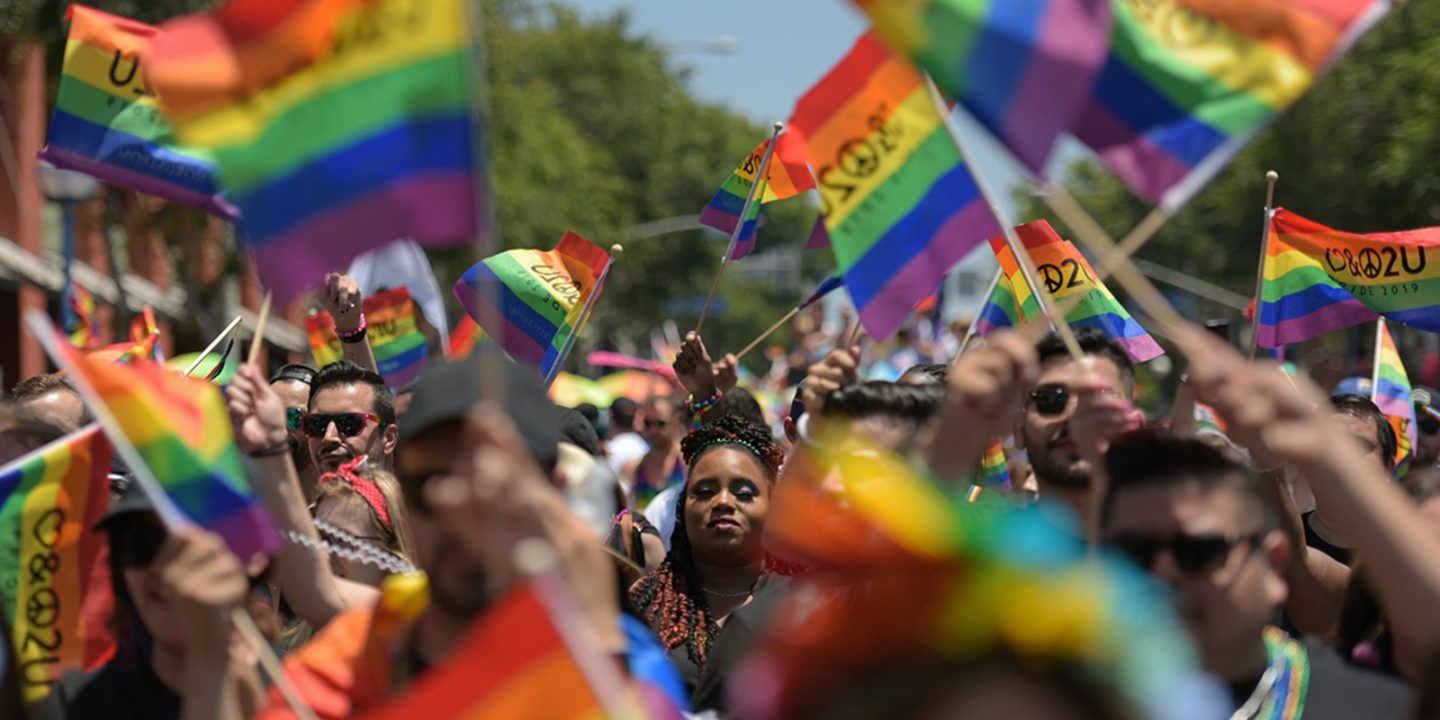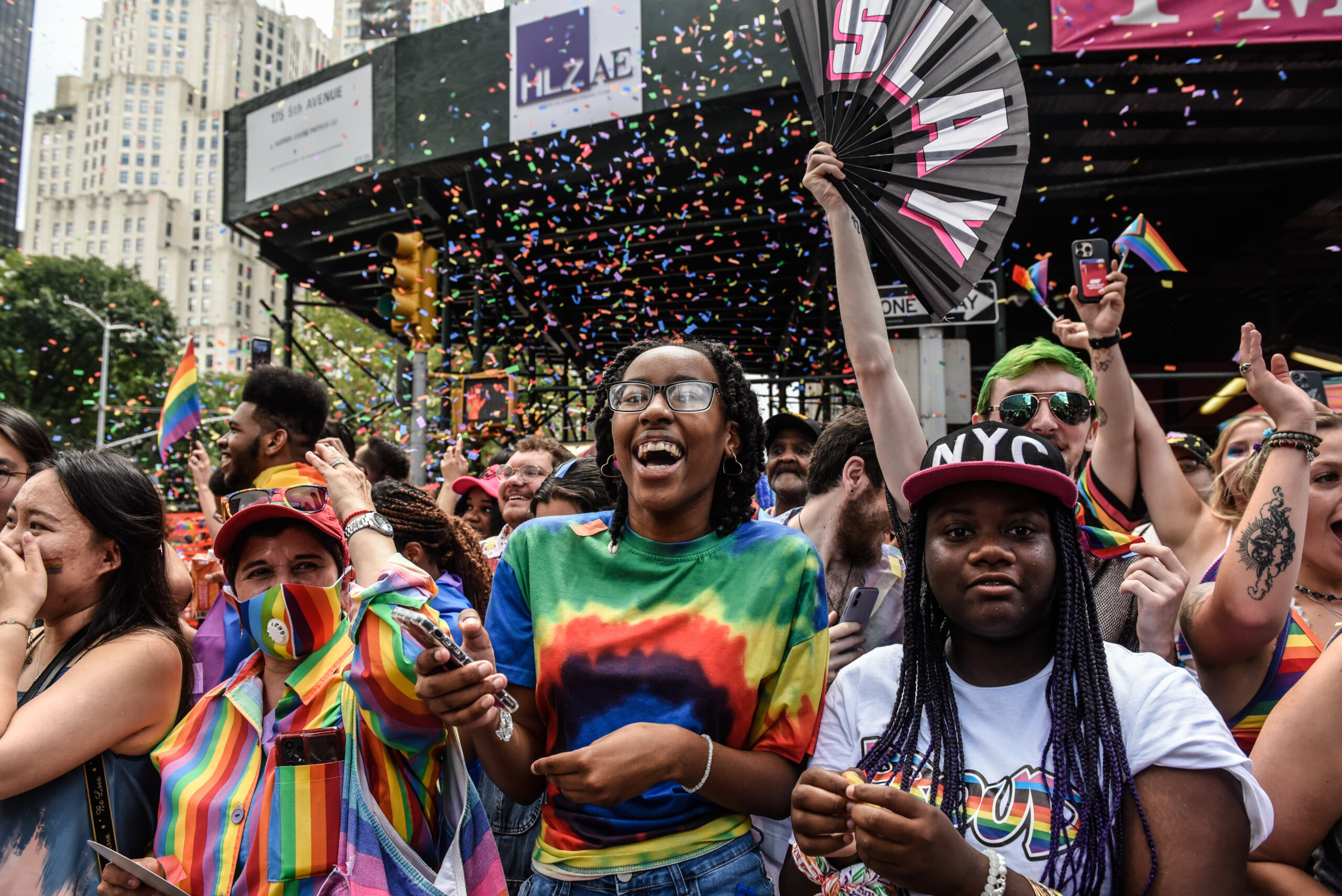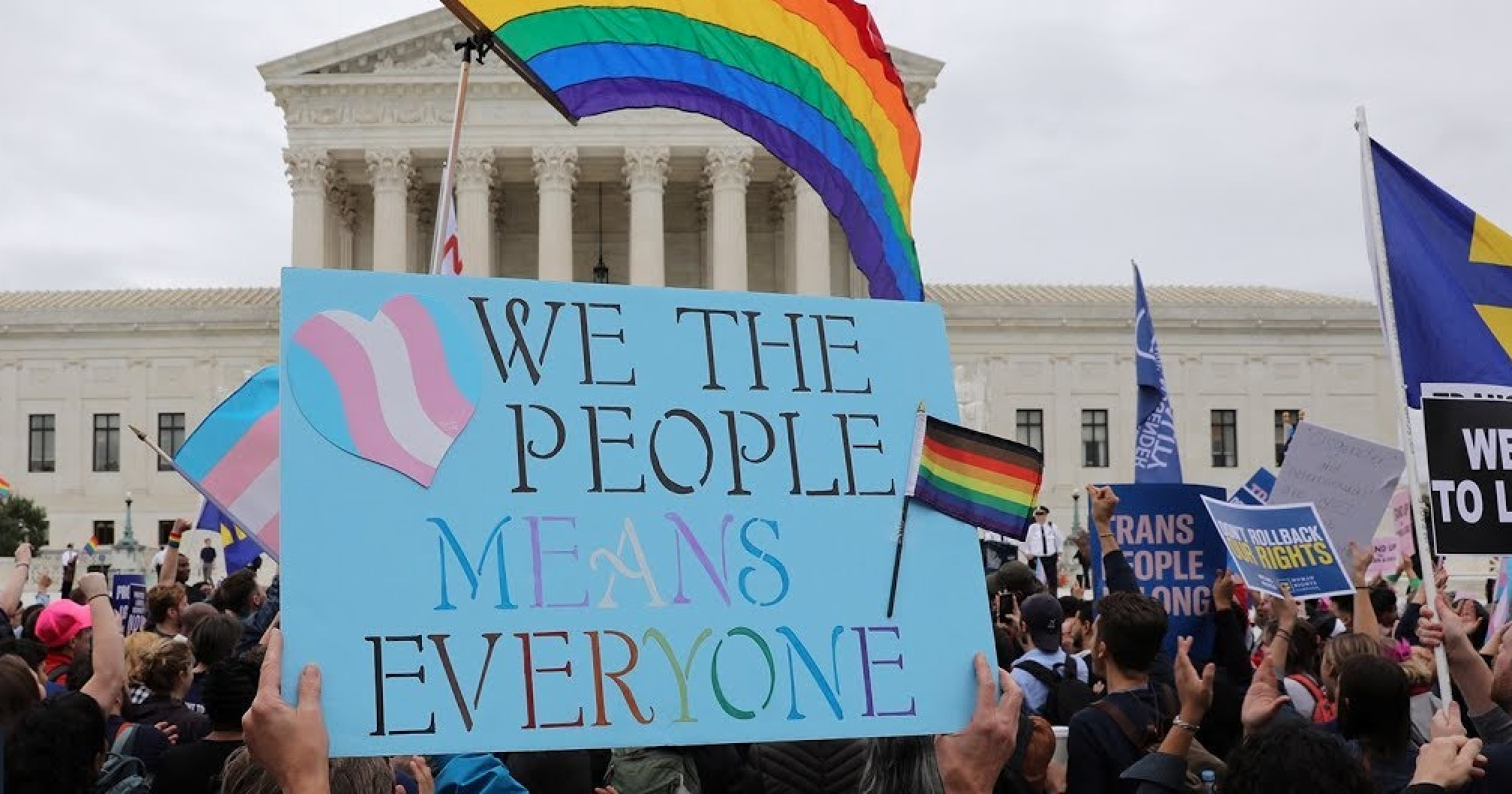
The acceptance of the LGBTQ+ community varies significantly across the globe, with some countries providing legal recognition and social acceptance, while others maintain restrictive laws and societal attitudes. This overview of countries that accept the LGBTQ+ community, by legal and social acceptance, along with insights into how these decisions are under different regimes.
Countries with Legal Acceptance
1. Recognizing Same-Sex Marriage
As of 2024, 37 countries legally recognize same-sex marriage. These countries include:
- Netherlands: The first country to legalize same-sex marriage in 2001.
- Canada: Legalized same-sex marriage in 2005.
- Spain: Legalized same-sex marriage in 2005.
- Germany: Legalized same-sex marriage in 2017.
- Taiwan: The first Asian country to legalize same-sex marriage in 2019.
These legal changes often resulted from progressive political movements, court rulings, and public referendums advocating for equality and human rights.

2. Civil Unions or Domestic Partnerships
Several countries offer civil unions or domestic partnerships that provide some legal rights to same-sex couples, even if full marriage rights are not granted. Examples include:
- France: Introduced the PACS (Pacte Civil de Solidarité) in 1999.
- United Kingdom: Civil partnerships were legalized in 2005, with same-sex marriage following in 2014.
These decisions were often influenced by social movements and advocacy from LGBTQ+ organizations, leading to legislative changes.
Countries with Social Acceptance
1. High Social Acceptance
Countries that exhibit high levels of social acceptance towards the LGBTQ+ community include:
- Sweden: Known for its progressive stance on LGBTQ+ rights, with strong anti-discrimination laws and social support.
- Netherlands: A pioneer in LGBTQ+ rights, with a long history of acceptance and advocacy.
- Canada: Recognized for its inclusive policies and societal acceptance of LGBTQ+ individuals.
These countries typically have supportive political regimes that promote human rights and equality, often backed by public opinion favouring LGBTQ+ rights.
2. Moderate Social Acceptance
Some countries have made strides in legal recognition but still face social stigma. Examples include:
- South Africa: The first African country to legalize same-sex marriage in 2006, but social acceptance varies widely.
- Argentina: Legalized same-sex marriage in 2010, with growing acceptance, though challenges remain.
In these cases, the legal changes often stemmed from constitutional mandates or court rulings aimed at protecting human rights, but societal attitudes may lag behind.
Regimes and Their Influence on LGBTQ+ Rights

The acceptance of LGBTQ+ rights has often been influenced by the political regime in power:
- Democratic Regimes: Countries with democratic governance tend to have more progressive laws regarding LGBTQ+ rights, as seen in Western Europe and North America. Public advocacy and civil society play crucial roles in pushing for change.
- Authoritarian Regimes: In contrast, authoritarian regimes often suppress LGBTQ+ rights, viewing them as a threat to traditional values. Countries like Russia and many in the Middle East maintain strict laws against homosexuality, often justified by cultural or religious beliefs.
- Post-Colonial Contexts: In some regions, colonial-era laws criminalizing homosexuality persist, complicating the fight for LGBTQ+ rights. Activists in these countries often face significant challenges in advocating for change.
The landscape of LGBTQ+ rights is complex and varies widely across different countries and regions. While many nations have made significant strides in legal recognition and social acceptance, challenges remain, particularly in areas with authoritarian regimes or deep-rooted cultural stigmas. Continued advocacy and international support are essential for advancing LGBTQ+ rights globally.
Read more on Lifetips.blog














